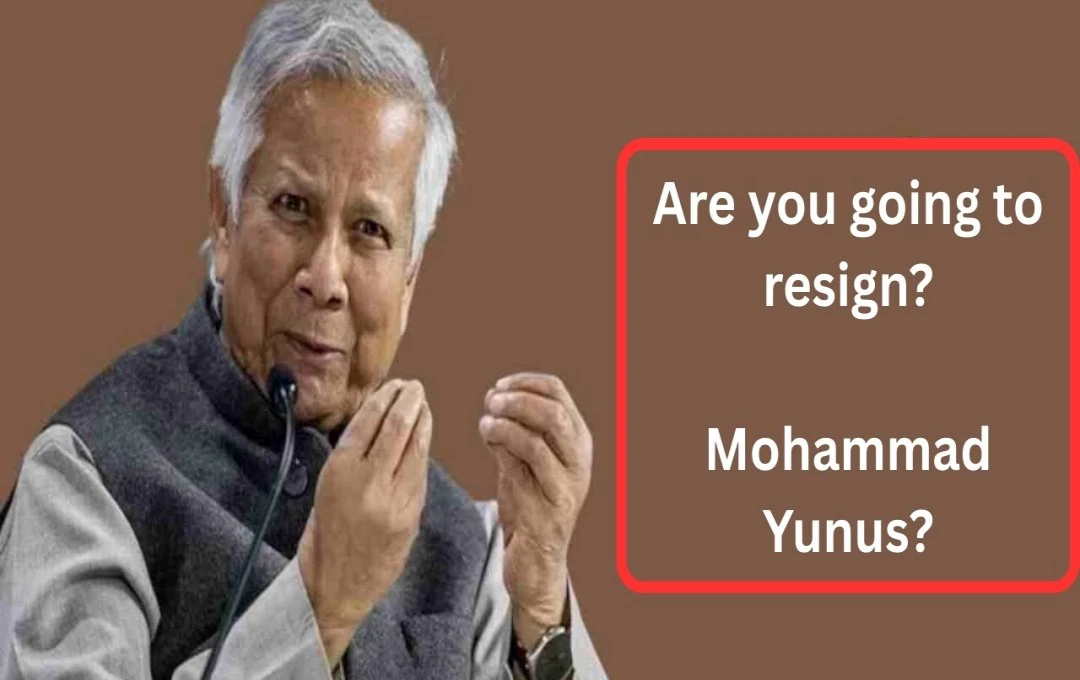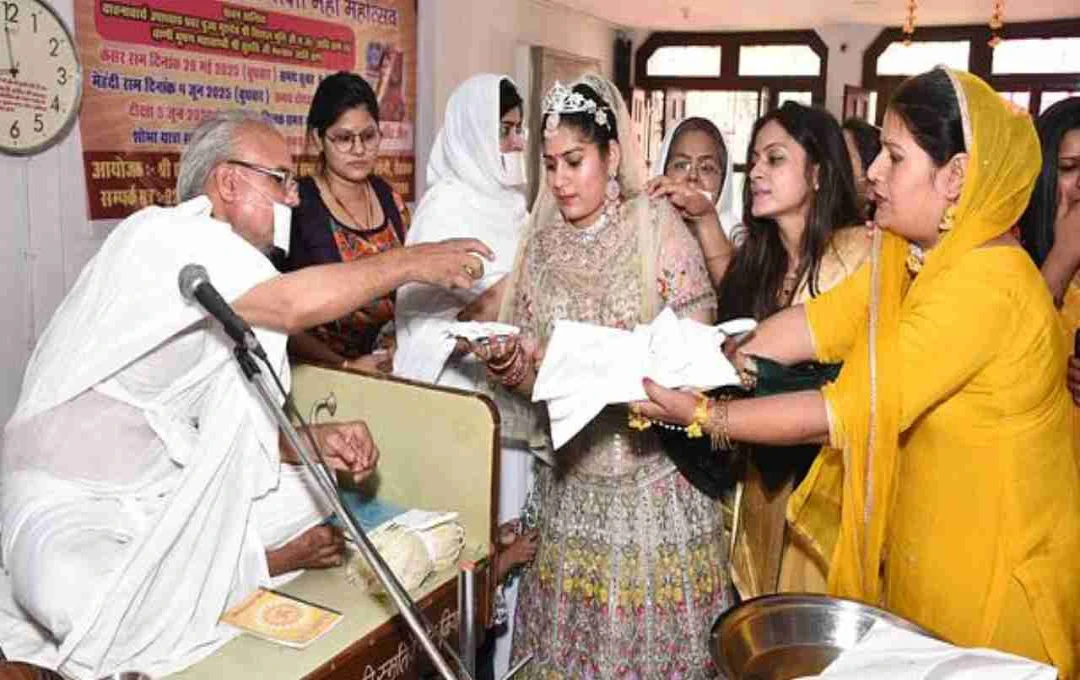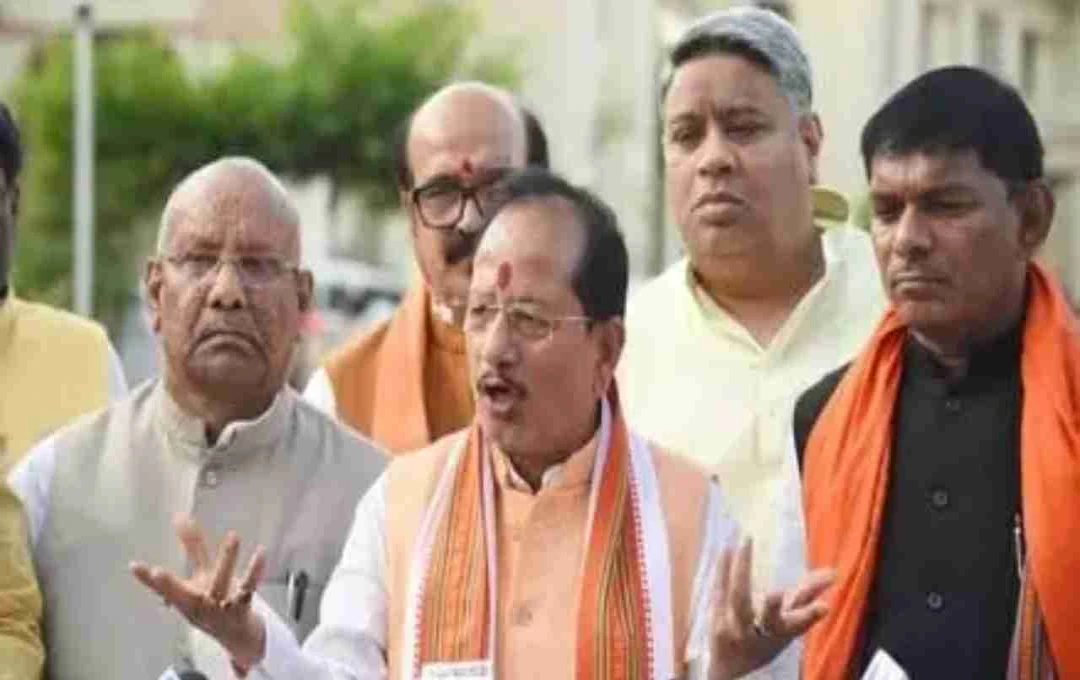Bangladesh appears to be once again teetering on the brink of a political crisis. The political landscape has been shaken by reports of the potential resignation of Professor Mohammad Yunus, the head of the interim government.
Dhaka: Speculation surrounding Yunus's resignation comes at a time of significant political instability in Bangladesh. The interim government has so far failed to present a clear roadmap for the upcoming parliamentary elections, fueling public discontent. Against this backdrop, a statement by Bangladesh's army chief, General Wakar-uz-Zaman, is considered particularly significant.
Unstable Politics and a Deteriorating Balance
Professor Mohammad Yunus, brought to power following a student-led popular movement, now feels helpless and isolated. Sources suggest he believes he cannot govern effectively without consensus among the political parties. In a statement to BBC Bangla, Enhid Islam, head of the National Citizen Party (NCP), claimed that Yunus is seriously considering resigning.
Following a meeting with Yunus, Enhid Islam stated, "Sir (Yunus) clearly said he cannot work in this environment. He feels helpless until all political parties reach a consensus."
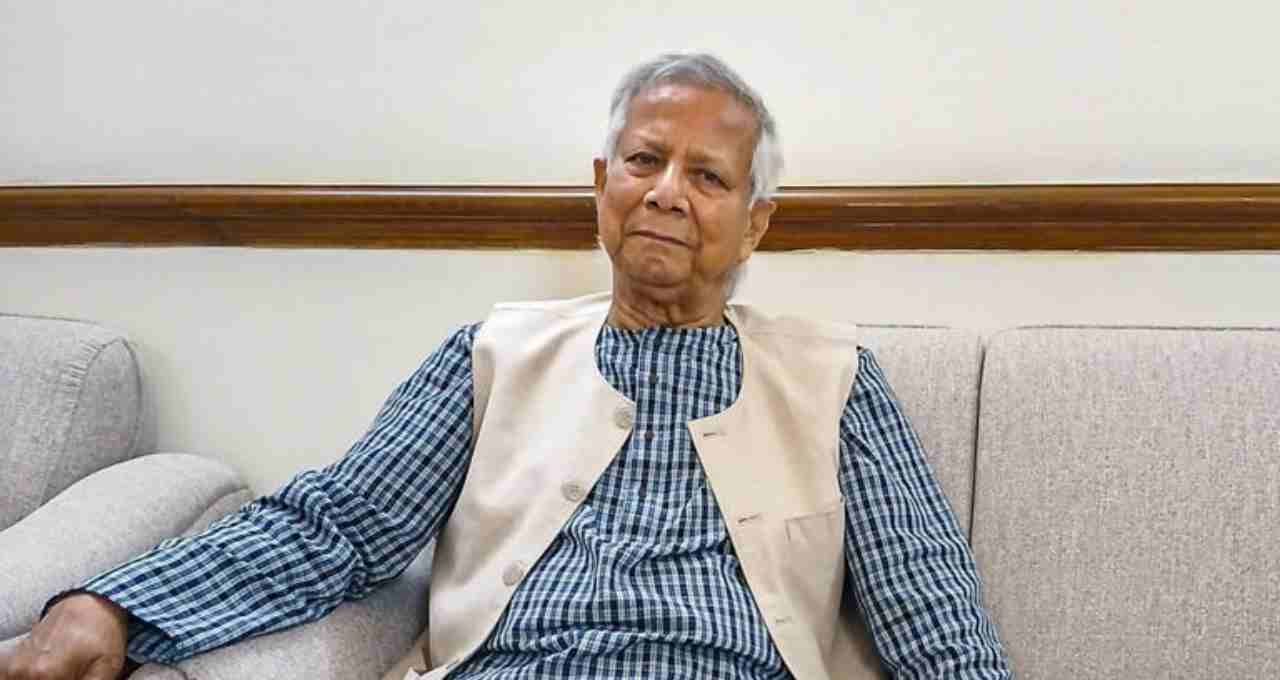
The Growing Pressure from the Military
A crucial turning point came when Bangladesh's army chief, General Wakar-uz-Zaman, publicly emphasized the need to hold general elections by December 2025. He also made it clear that only an elected government would be considered legitimate to make crucial decisions regarding the country's future. This statement not only questions the legitimacy of the interim government but also suggests that the military's commitment to the Yunus government has waned.
The Yunus government, which initially came to power with the military's support, now feels distanced from the same military establishment. In 2024, during student protests against the Sheikh Hasina government, the army did not intervene against the protestors and even assisted in safely transporting Hasina to India. Following this, the army played a role in appointing Yunus to lead the interim government. However, the same army is now demanding a clear election timeline and transparency from the government.
The NCP's Role and Internal Crisis
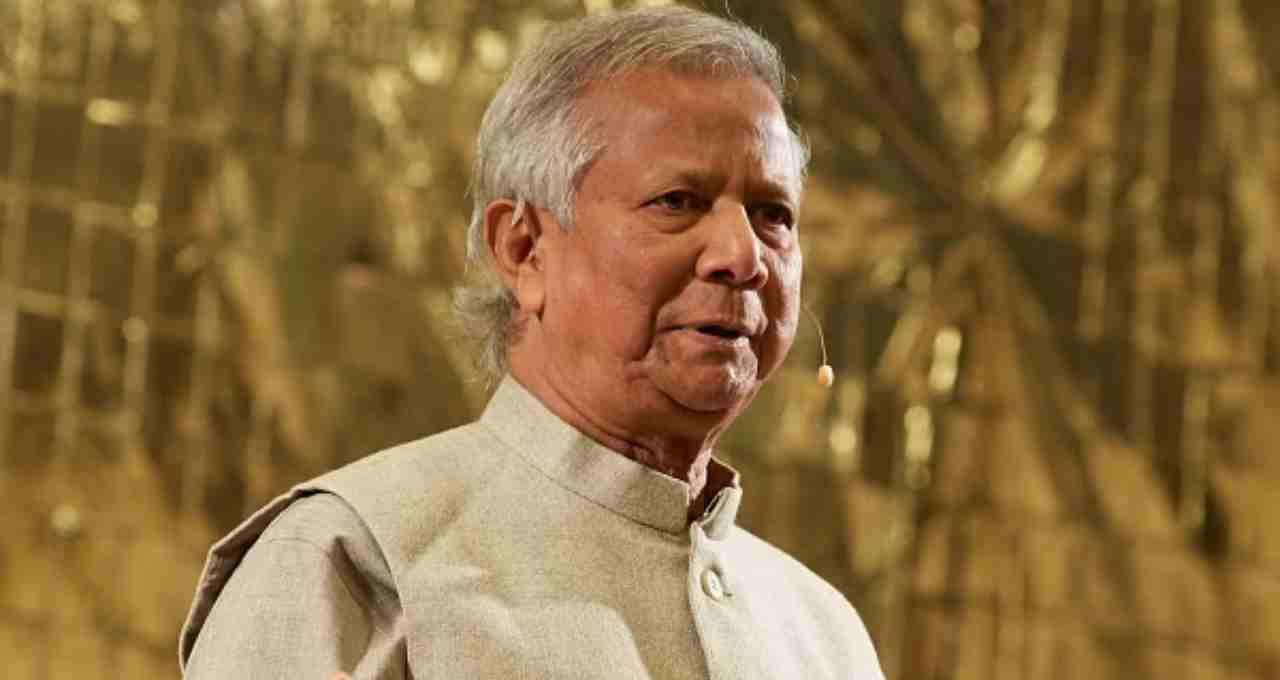
The NCP, which emerged from the student movement that supported Yunus's government, now appears uncertain. NCP leader Islam said, "If the political parties don't trust Yunus, why should he remain in this position? If he is receiving no support, his resignation might be a logical step."
However, he added that Yunus has asked him to continue fighting for the country's security and aspirations. Major political parties in Bangladesh, such as the Awami League and BNP, have yet to make any concrete statements on Yunus's situation. This silence itself might indicate that they are either awaiting new elections or formulating an alternative plan. Maintaining political consensus without Yunus is impossible, yet even with him, the government's credibility is under question.
